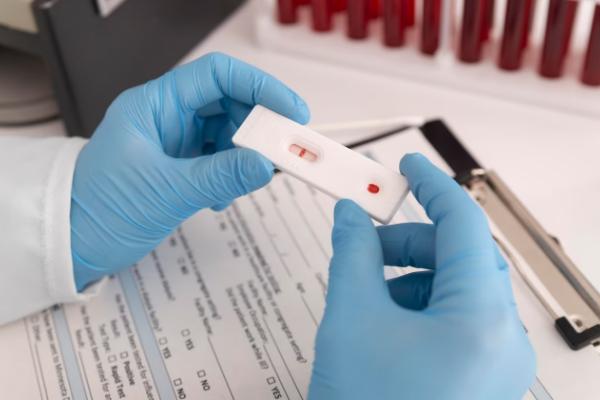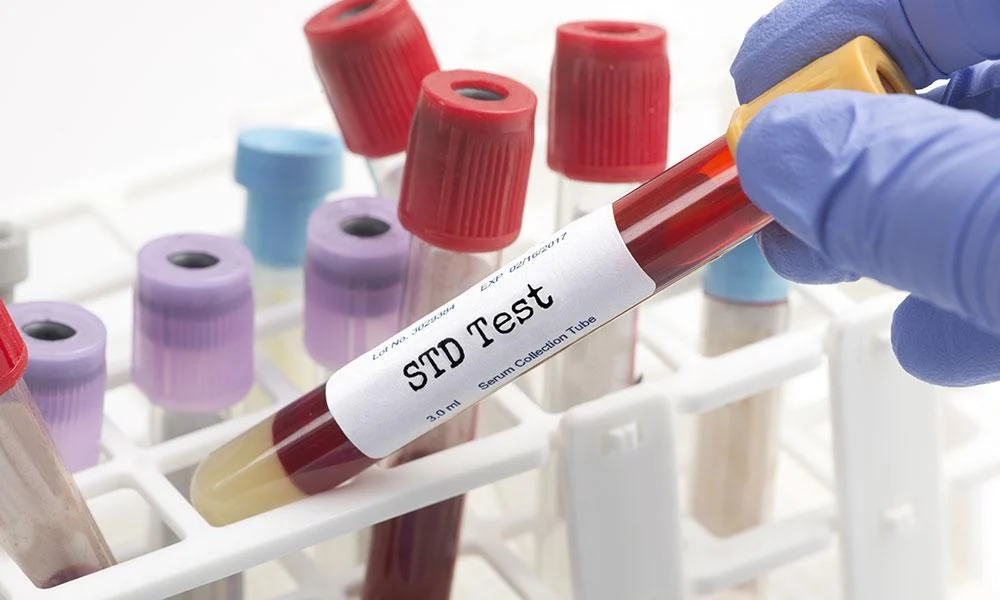Sexually transmitted diseases (STDs) are more common than many people realize, and their impact can be long-lasting if not detected and treated early. This is why routine STD testing is critical to maintaining sexual health.
Visiting an STD clinic is the best way to receive accurate and confidential testing for a variety of infections. In this article, we’ll explore what STD testing entails, why it’s important, and what to expect when you visit an STD clinic.
Why Is STD Testing Important?
Many STDs can be asymptomatic, meaning they show no immediate signs. This makes it possible for individuals to carry and transmit infections without realizing it. Testing is essential for detecting infections like chlamydia, gonorrhea, HIV, syphilis, and herpes, among others.
Timely detection of STDs through testing allows for early intervention and treatment, preventing complications such as infertility, chronic pain, or serious health conditions like cervical cancer or liver disease. Additionally, knowing your STD status helps protect your sexual partners, fostering a responsible approach to sexual health.
When Should You Get Tested?
The frequency of testing depends on your sexual activity and risk factors. If you are sexually active, especially with new or multiple partners, it’s recommended to get tested regularly. The CDC suggests yearly testing for sexually active individuals under 25, or anyone with risk factors such as unprotected sex or a history of STDs.
Certain situations may call for immediate testing, such as experiencing symptoms like unusual discharge, burning during urination, sores, or rashes in the genital area. Even if you don’t have symptoms, getting tested is the only way to ensure you aren’t unknowingly carrying an infection.
What Happens During an STD Test?

STD tests vary depending on the infection being tested for. When you visit an STD clinic, you may undergo one or more types of tests. Blood tests are commonly used to detect infections like HIV, syphilis, and hepatitis, while urine samples can detect chlamydia and gonorrhea. For certain infections, like herpes or genital warts, a physical examination may be required, and swabs from the genital area might be taken.
It’s important to be open and honest with the healthcare provider about your sexual history, as this helps them determine which tests are necessary. You don’t need to feel embarrassed; these clinics are designed to provide judgment-free, confidential care.
Where Can You Get Tested?
Many healthcare facilities, including general practitioners, gynecologists, and urologists, offer STD testing. However, specialized STD clinics often provide more comprehensive services tailored specifically to sexual health.
These clinics may offer same-day results, confidential testing, and a wide range of tests for all types of STDs. The environment at an STD clinic is often designed to ensure discretion and comfort, providing patients with a private and secure space to manage their sexual health.
There are also options for at-home testing kits, where you can collect samples yourself and send them to a lab for analysis. While convenient, at-home tests may not offer the same level of accuracy or support as in-clinic testing.
How Long Does It Take to Get Results?
The waiting time for results depends on the type of test. Some rapid tests, like those for HIV, can provide results within minutes, while other tests may take a few days or up to a week. Clinics will usually provide follow-up support and care based on the results, including treatment options if you test positive for an infection.
If the test comes back positive, your healthcare provider will discuss the next steps, which may include treatment plans, notifying partners, and discussing prevention strategies to avoid future infections. In most cases, STDs are treatable, and early diagnosis ensures better health outcomes.
Conclusion
STD testing is a crucial aspect of sexual health, offering peace of mind and protecting both yourself and your partners. Regular testing, especially if you’re sexually active, is important in detecting infections early and preventing their spread. If you’re unsure where to start, visiting an STD clinic can provide comprehensive and confidential care tailored to your needs.
Early detection through testing not only allows for effective treatment but also ensures that you maintain your overall well-being, reducing the risks associated with untreated infections. Don’t wait until symptoms appear—be proactive and prioritize your sexual health.









